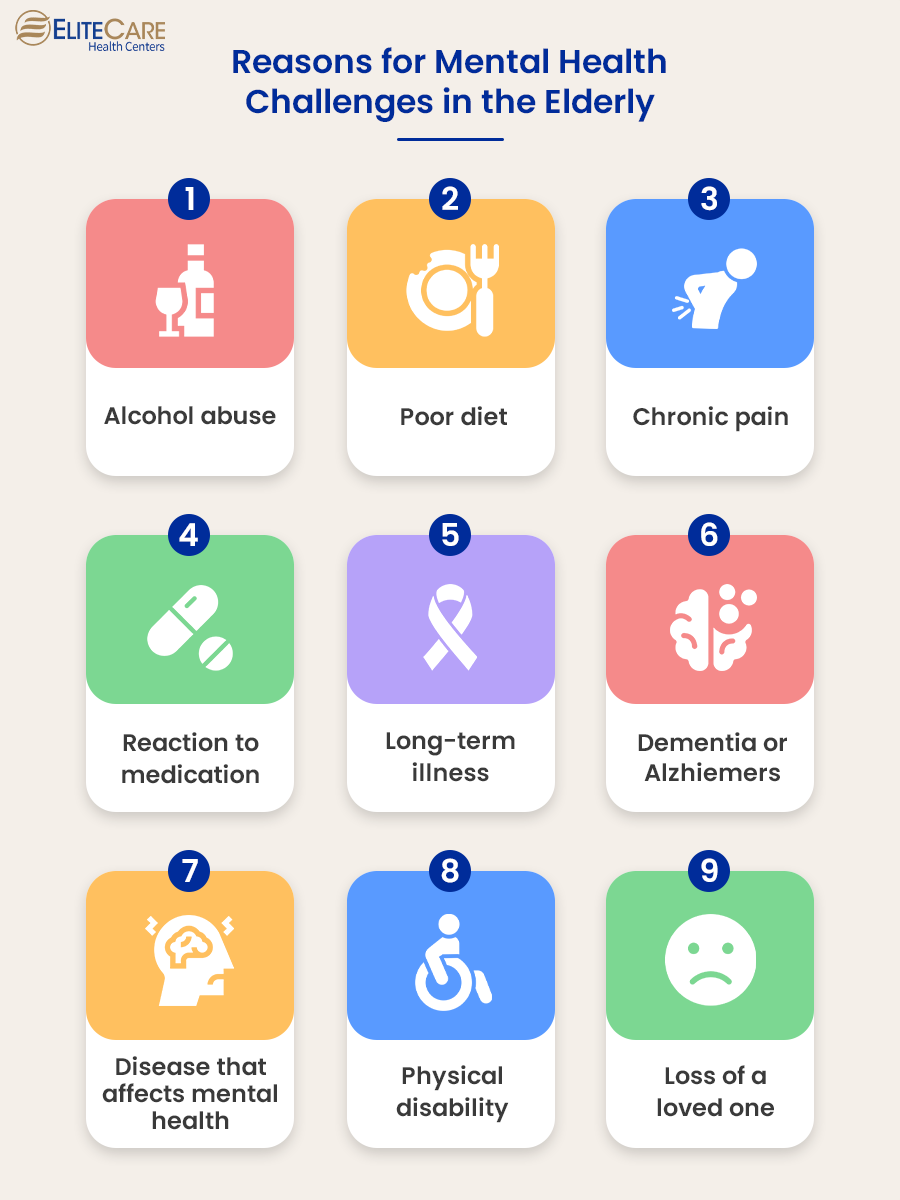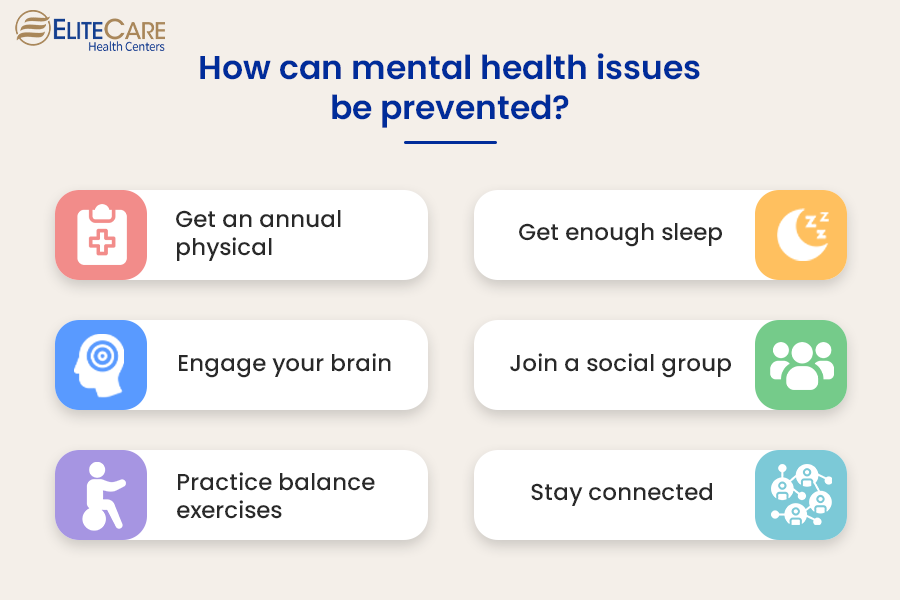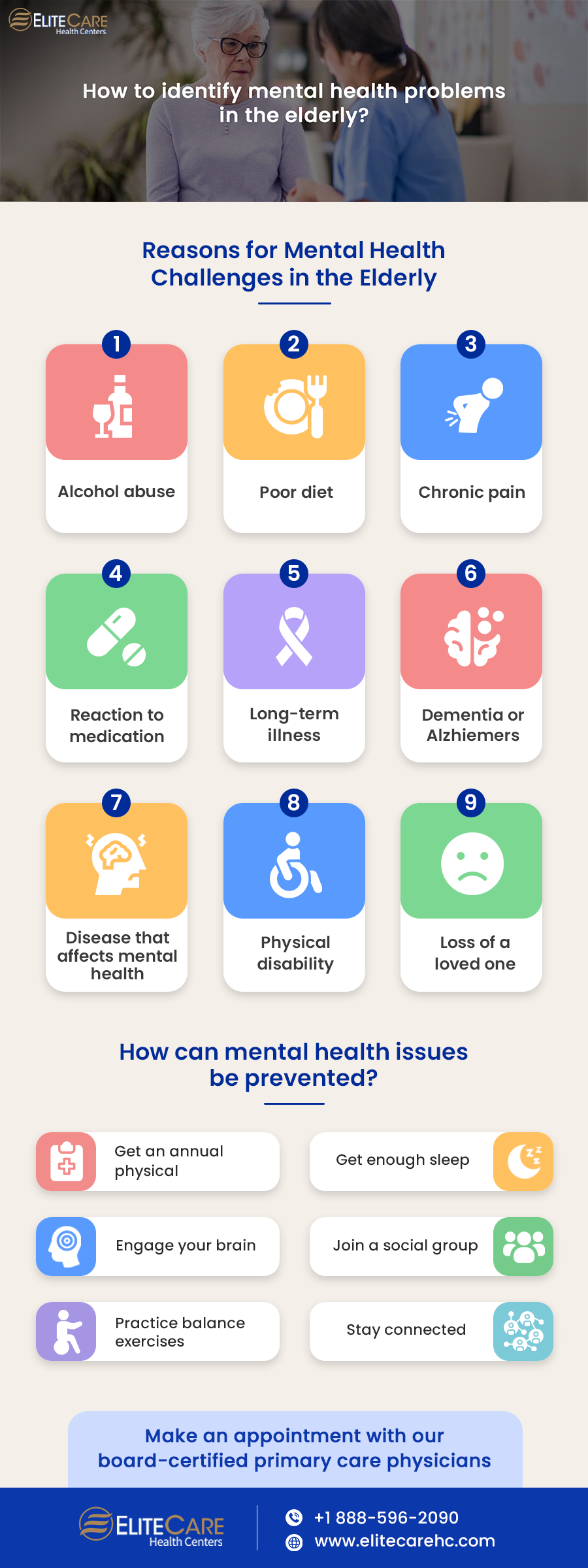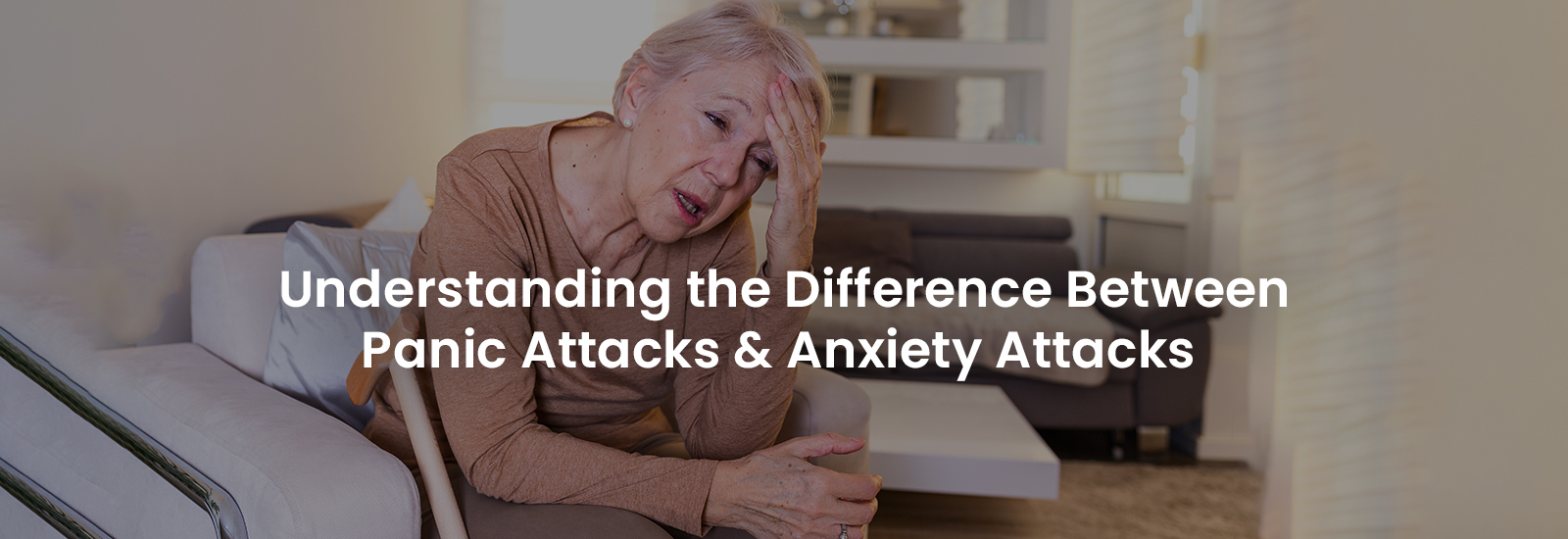
The importance of mental health is in the spotlight as we approach Mindfulness Day. This day is observed every year on September 12. The ability to be mindful is the basic human tendency to be fully present and aware of where one is and what one is doing. The objective of Mindfulness Day is to inform people about the benefits of mindfulness as well as how to practice it.
Mindfulness has a lot to do with the mental health of any individual. According to the Centers for Disease Control and Prevention, 20% of older adults in the U.S. suffer from mental health disorders. Unfortunately, almost one in three of those seniors avoid taking help out of embarrassment or concern that it will be dismissed brushed aside as a normal part of aging.
Aging does not naturally cause mental illness. According to the National Institute of Mental Health, younger persons are rather more likely than older ones to experience mental health conditions. Seniors, however, are less likely to seek assistance.
With the right information and awareness, you can monitor your loved one’s security and well-being and keep an eye on their emotional and mental health while ensuring they receive the right care.
What are the Mental Health Challenges faced by the Elderly?
Seniors are often affected by mental health problems, such as a feeling of isolation, anxiety and mood disorders, and psychosis. Sleep and behavioral disorders, cognitive decline, and confusion are also common among seniors.
Read More: The Importance of Health and Wellness
What are the factors that cause mental health challenges?

Like everyone else, older adults suffer stress, but even the common emotional and physical stress that comes with getting older can be risk factors for mental conditions. It’s crucial to keep an eye on the mental health of your elderly loved ones, particularly if they live alone or aren’t able to communicate as much as they used to.
The Geriatric Mental Health Foundation and the World Health Organization both state that there are numerous potential causes of mental illness in the elderly. These consist of:
- Alcohol or substance abuse
- Dementia-causing illness (e.g., Alzheimer’s disease)
- Illness or loss of a loved one
- Long-term illness (e.g., cancer or heart disease)
- Chronic pain
- Reaction to medication
- Physical disability or loss of mobility
- Physical illnesses that can affect emotion, memory, and thought
- Poor diet or malnutrition
How can mental health issues be prevented?

The importance of mental health is something that stays constant at any age. While we cannot stop time, maintaining good mental health as we age can ease the transition into older adulthood. By keeping good mental health, we can not only cope with the aging process better but also limit some of its effects. Here are some ways you can prevent mental health issues from happening to your senior family members.
- Get an Annual Physical to keep a check on your overall health and well-being
- Ensure a good night’s sleep of 7-9 hours
- Engage your brain by learning something new
- Join a social group or community for any activity you like and mingle with people
- Practice flexibility and balance exercises
- Stay closely connected with family and friends.
Signs & symptoms of mental illness in the elderly
It’s natural for your loved one to undergo some changes as they age. A little forgetfulness from time to time is normal, but persistent cognitive or memory loss can pose a serious threat.
The same is true of severe anxiety or protracted depression. The following warning indicators, which may point to a mental health issue, should be watched out for by caregivers:
- Changes in appearance or clothing, as well as issues with home or yard upkeep
- Confusion, disorientation, or other difficulties while focusing or making decisions
- Changes in weight and/or a decrease or increase in appetite
- Depression that lasts for more than two weeks
- Feelings of worthlessness, unwarranted guilt, helplessness
- Memory loss, particularly issues with recent or short-term memory
- Aches, constipation, and other unaccounted-for physical issues.
- Loss of interest in once-fun activities or social withdrawal
- Difficulty managing money or dealing with figures
- Unaccounted for fatigue, energy decline, or changes in sleep
What are the challenges faced in the treatment?
The care of seniors should include both their physical and emotional well-being. The importance of recognizing and treating mental disorders in older people cannot be overstated. The effects of these disorders go beyond mental suffering. Having these conditions can also make it harder to manage other physical health issues. Health problems that are chronic are especially problematic in this respect.
The majority of people in the United States struggle to get access to mental health care, but older people may struggle the most. Seniors are sometimes neglected by their caregivers or their family members because they may not have the time or inclination to provide the required extra care. They often do not receive proper care for depression and other psychiatric disorders and psychological issues due to stigma, misunderstanding, and incorrect views about aging.
Often, physical pain or other physical complaints indicate mental health issues in older adults, while depressive symptoms often indicate physical illness. As a matter of fact, addressing mental health issues in older populations requires more attention.
The highlighted problems emphasize an important disconnect between older individuals’ mental and physical health treatment. Integrative care is the remedy. Receiving mental health care at the primary care provider’s office is more convenient for older adults in particular. These services assist patients to feel more at ease, reduce stigma, and make them more comfortable. When primary care physicians and mental health specialists can cooperate to deliver care that takes into account patients’ needs and choices, the entire system functions more effectively.
How can our team help?
Our primary care clinics with a network of senior-focused primary care practices, work with a value-based, care team approach that enables us to focus on both the physical and mental health needs of patients. Our doctors spend adequate time with each patient, addressing each individual’s needs. This enables our primary care physicians to form enduring relationships with their patients and have in-depth conversations that help identify any mental health issues. Training the patient’s care team members to recognize signs of mental health disorders, as well as using psychological screeners, are other important components for our primary care clinics. Schedule an appointment with our expert team today.
The good news is that, when properly identified, mental health problems can be successfully treated in older populations on par with younger ones. The system must effectively meet the physical and mental requirements of these individuals in order to assist older Americans in becoming healthier and happier.






